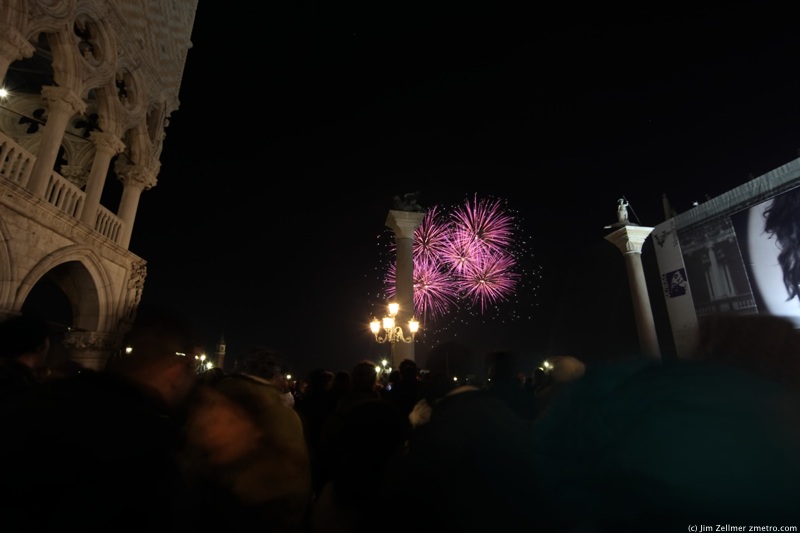
Lodging recommendations & comments:
- Lyon, France: Artelit. A superb location with a fabulous proprietor. Frederic Jean’s friendship and professionalism was a joy to experience, particularly when facing a very difficult parking situation! Highly recommended.
- Turin: Best Western Hotel Piemontese. A surprisingly spacious facility, conveniently located near the rail station, bus stops and a number of Turin destinations. Great service and a surprisingly extensive breakfast.
- Parma: A number of hotels were closed over Christmas. We stayed here: Vittorio Dalla Rosa Prati. Friendly service and a fabulous location adjacent to the Baptistry. Rooms include a refrigerator, sink and range so one can shop at the nearby markets and prepare meals.
- Florence: Relais Uffizi. A charming, small find next to the Uffizi Gallery Musuem. Close to everything with very helpful staff.
- Bologna: Albergo Centrale. Tremendous location in a fascinating city. Don’t forget the gelato, which was poetic.
- Venice: Hotel Antico Doge. Very helpful staff with superb restaurant recommendations. Well located, but smoke seemed to be present in the room, unfortunately.

I am very thankful to have “met” Madeline Jhawar, who suggested the stops in Turin, Parma and Bologna. I am grateful for her assistance and intelligence. I also took a look at Lonely Planet’s suggestions, the New York Times travel section and Karen Brown.
We rented a car from Europcar, flew via Lufthansa (insufferable coach seats in my experience but very friendly staff) and used buses, trams, water buses, gondolas and most of all our feet.